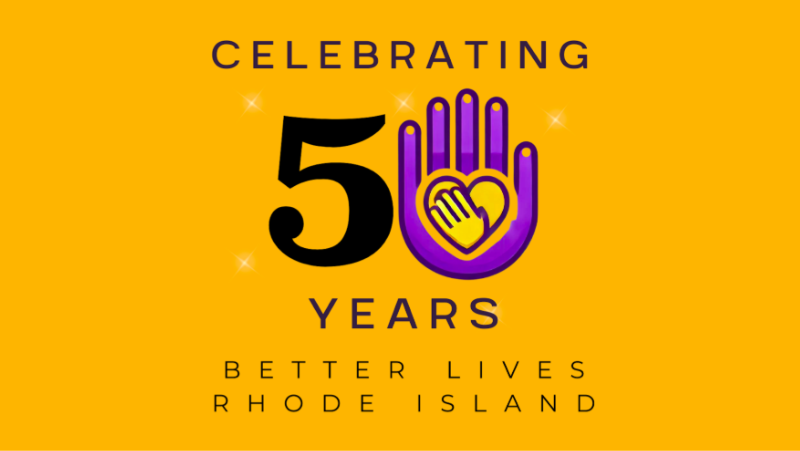By 1635, the magistrates had had enough of Williams’ radical ideas, and he was tried and convicted of sedition, heresy, and refusing to swear an oath of allegiance in God’s name. Williams regarded it as blasphemy to use God’s name in a civil proceeding. Under order of banishment to England, Williams fled in February 1636, walking through the snow from Salem to Narragansett Bay where he spent the rest of the winter with the Wampanoags. Learning that spring that he was still within the land grant of Plymouth and fearing extradition to Massachusetts. Williams and some companions from Salem crossed the Seekonk River into Narragansett territory. There, on land purchased from his friends Miantonomi and Canonicus, the chief sachems of the Narragansetts, Williams began a settlement. He called it “Providence” because he believed that God had cared for him. This colony was a “shelter for persons distressed of conscience.” a place where everyone would have religious freedom. Providence had soul liberty and complete separation of church and state. These founding principles were so powerful that subsequent settlers in Rhode Island adopted them. When all other colonies had established churches and religious requirements or disabilities, Rhode Island had none.
![]()
![]()





